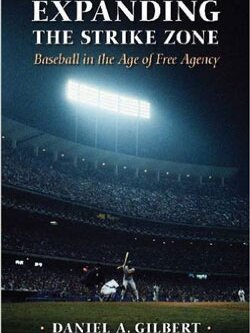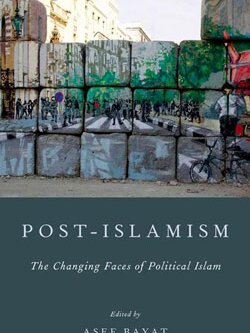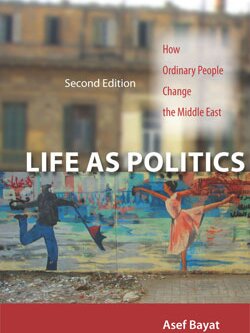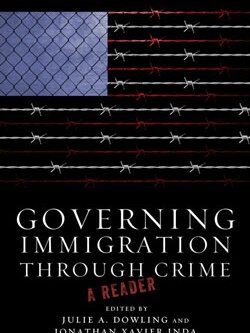With its iconic stars and gleaming ballparks, baseball has been one of the most captivating forms of modern popular culture. In Expanding the Strike Zone, Daniel A. Gilbert examines the history and meaning of the sport’s tumultuous changes since the mid-twentieth century, amid Major League Baseball’s growing global influence. From the rise of ballplayer unionism to the emergence of new forms of scouting, broadcasting, and stadium development, Gilbert shows that the baseball world has been home to struggles over work and territory that resonate far beyond the playing field.
Readers encounter both legendary and unheralded figures in this sweeping history, which situates Major League Baseball as part of a larger culture industry. The book examines a labor history defined at once by the growing power of big league stars—from Juan Marichal and Curt Flood to Fernando Valenzuela and Ichiro Suzuki—and the collective struggles of players working to make a living throughout the baseball world. It also explores the territorial politics that have defined baseball’s development as a form of transnational popular culture, from the impact of Dominican baseball academies to the organized campaign against stadium development by members of Seattle’s Asian American community.
Based on a rich body of research along with new readings of popular journalism, fiction, and film, Expanding the Strike Zone highlights the ways in which baseball’s players, owners, writers, and fans have shaped and reshaped the sport as a central element of popular culture from the postwar boom to the Great Recession.



